Eggs are a powerhouse in the kitchen. What other ingredient can be served in infinite variations for breakfast, build basically every type of baked good, and thicken up salad dressings and make creamy dipping sauces? One carton of eggs can be used for multiple dishes, which means it ends up in our shopping cart on every grocery trip.
But eggs don’t come without danger. We’ve long been warned about the risks associated with eating uncooked eggs. Whether it’s snacking on some extra cookie dough or licking the beater after making cake batter, the USDA suggests that we steer clear of any foods containing raw eggs (they also say you should be worried about raw flour).
But so many of our favorite foods call for raw eggs, like homemade mayo, steak tartare, Caesar salad dressing, and spaghetti carbonara. And we don’t exactly see death-by-aioli headlines on the news. So are raw eggs actually risky? Is it something we should actually be worried about? We talked to Megan Meyer, PhD, science communication consultant, to clear up any confusion you may have about raw eggs.
Are Raw Eggs Safe To Eat?
Sorry to break the news, y’all, but raw eggs are inherently unsafe. Just like the chicken they came from (or after? You be the judge), eggs are especially susceptible to harmful germs and bacteria. Most notably, they’re vulnerable to being infected with salmonella.
The CDC estimates that salmonella causes more cases of foodborne illness than any other bacteria. USDA guidelines require supermarket eggs to be rinsed in a sanitizing solution that kills any germs around the exterior of the shell. However, this solution also removes the egg’s natural barriers and allows harmful contaminants to enter through the shell. So even if you store your eggs properly in the refrigerator, there is a chance that you can contract salmonella if you eat them raw.
“The health risks associated with raw egg consumption are mainly tied to GI illness- diarrhea, fever, vomiting and stomach pain,” Meyer says. “These symptoms can also cause dehydration. Symptoms usually start six hours to six days post-infection and can last about four to seven days.”
But Meyer also warns that those under the age of five, those over 65, and people with weakened immune systems or inflammatory bowel diseases are particularly at risk for serious foodborne illness. Out of the 1.35 million estimated cases every year, the CDC says that roughly 420 people die from salmonella poisoning annually.
What About Recipes That Call For Raw Eggs?
Just because they come with a laundry list of health risks doesn’t mean people have stopped eating raw and undercooked eggs. In fact, you can find dishes that use them on restaurant menus all over the world. In the United States, many local and state-level guidelines require restaurants to provide a disclaimer about the potential risks associated with eating raw and undercooked foods.
Health experts may advise against it, but for many people the consumption of unsafe foods is a personal choice. For example, the USDA states that medium rare steak is unsafe to eat—but that doesn’t stop people from eating it. The same goes for raw egg-based products like fresh mayonnaise or homemade caesar salad dressing.
It is important, however, to clarify that many foods you may believe contain raw egg actually don’t at all. Pasta carbonara, for example? You may not be cooking the egg on the stove, but the boiling pasta water and residual heat from the noodles gently raises the temperature of the egg until it’s technically fully cooked.
For the recipes that don’t involve heat treatment, however, Meyer says you should opt for pasteurized eggs instead. In most cases, you can find pasteurized eggs in the form of pre-cracked egg products in the dairy aisle. This sanitization process gently raises the temperature of the eggs so that the bacteria is killed without cooking the product itself.



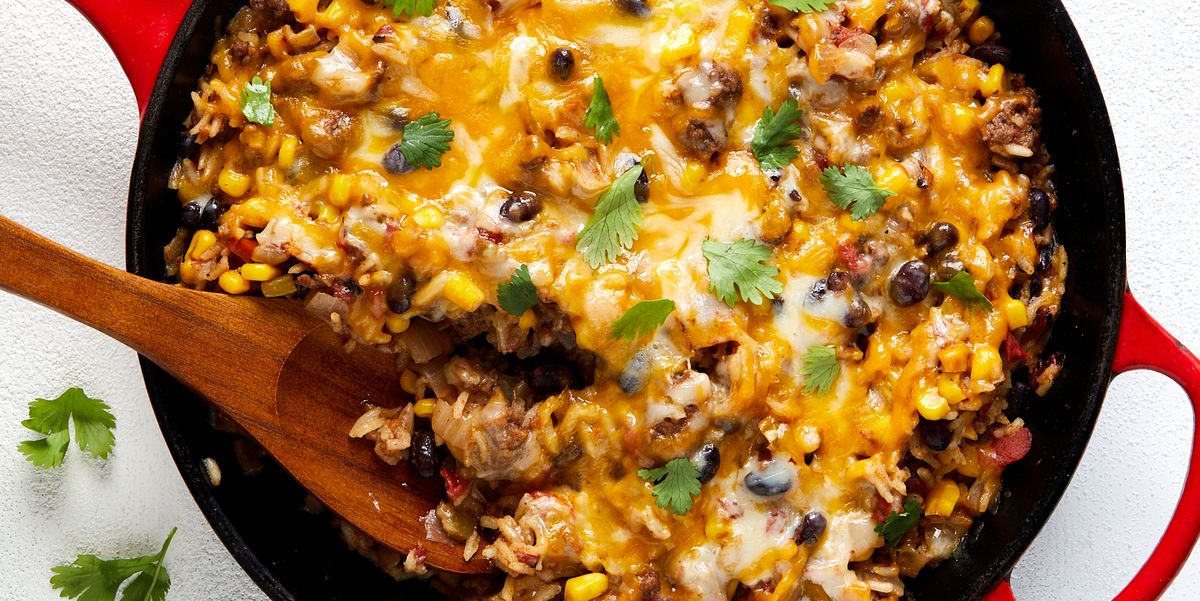



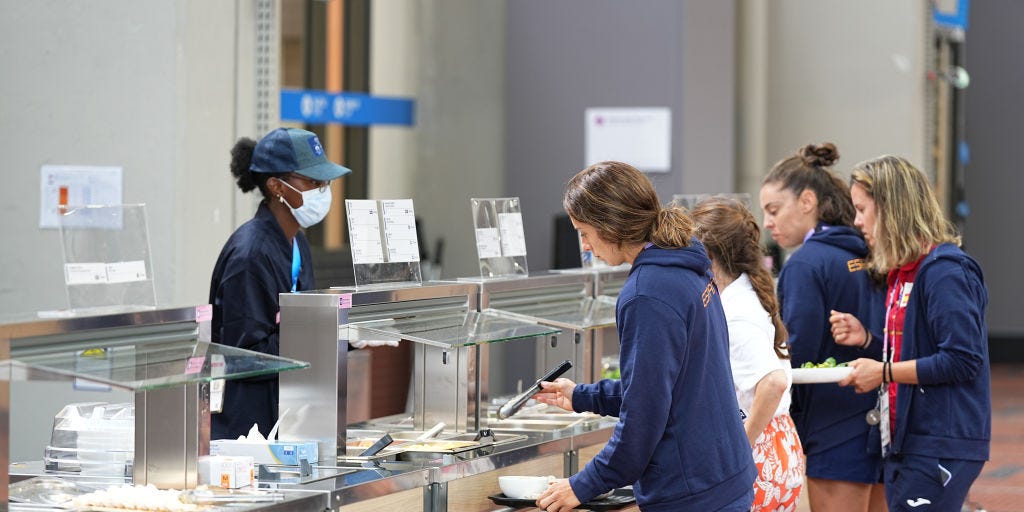




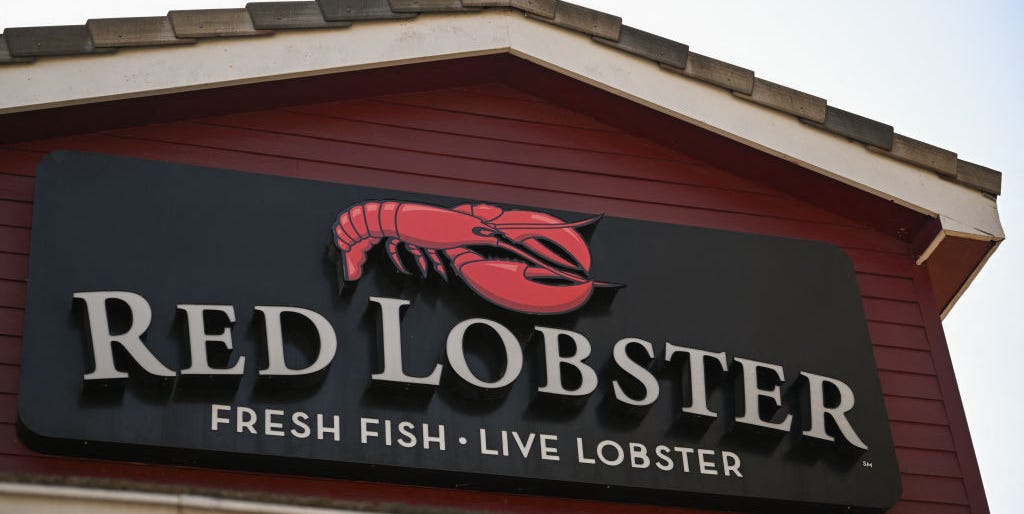



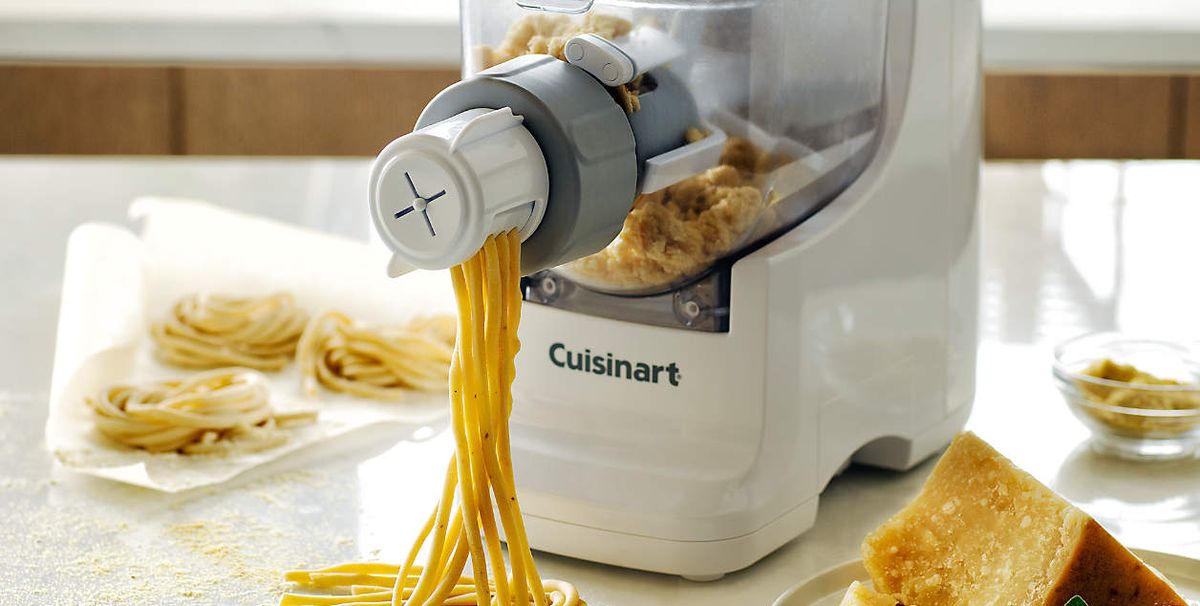
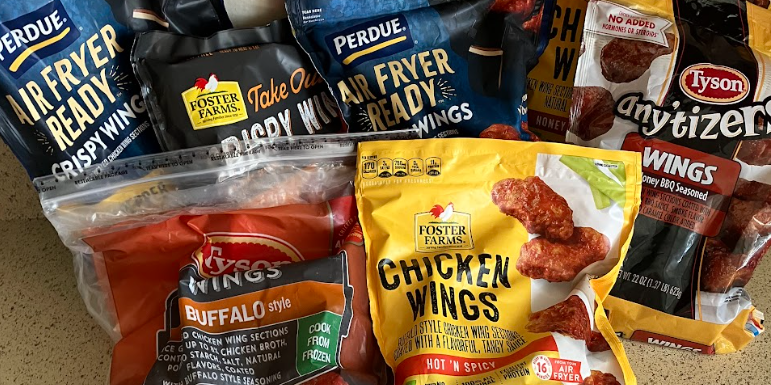


Leave a Reply